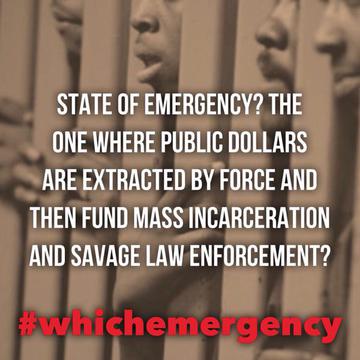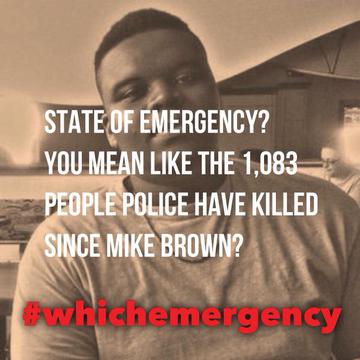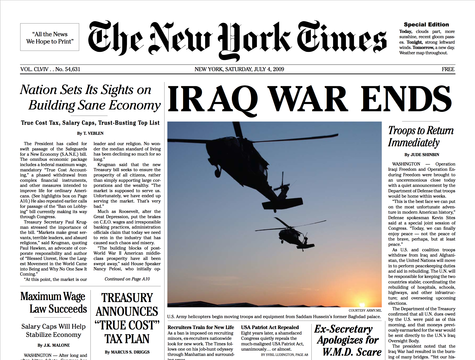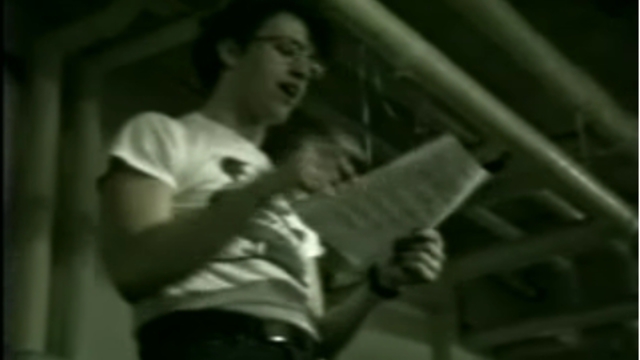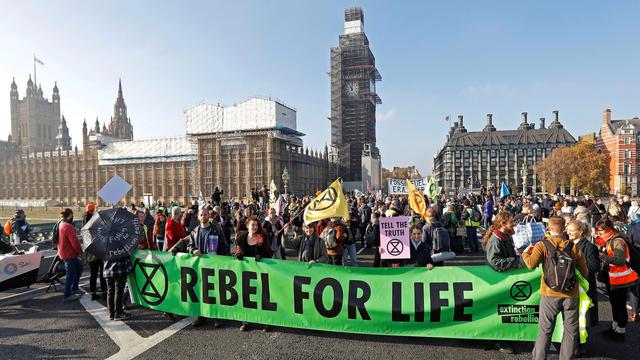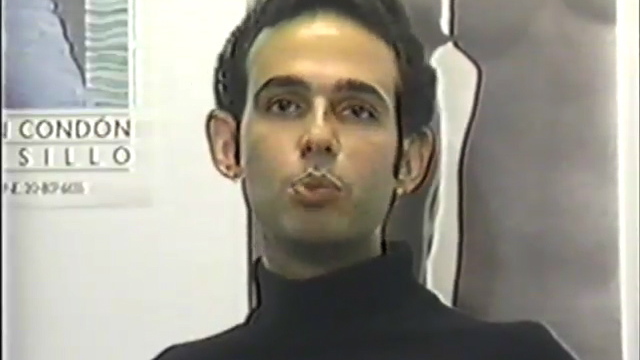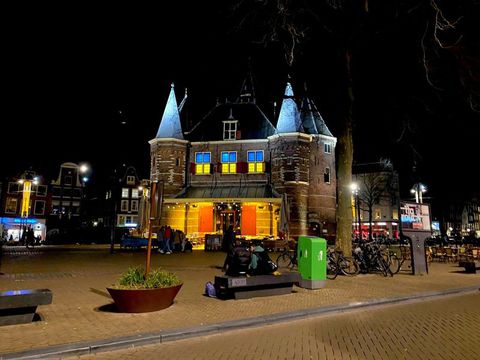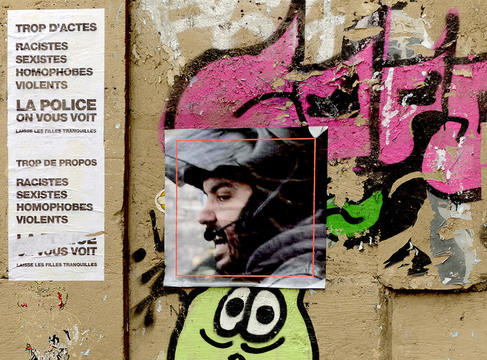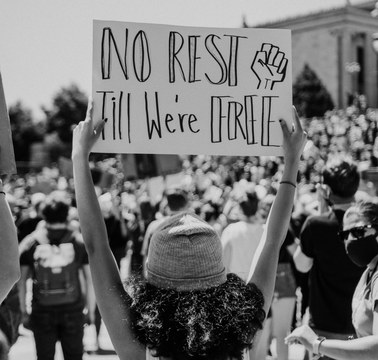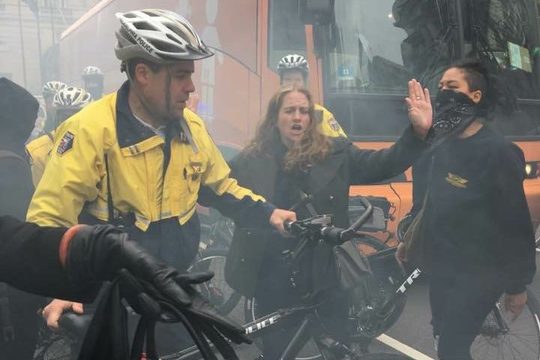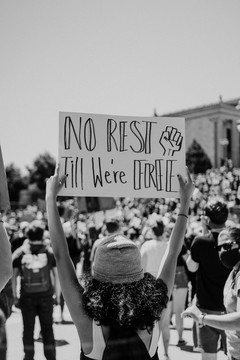Search results for 'activism'
State of Emergency?
ACT UP Civil Disobedience Training
The history of Civil Disobedience is a long and international one. ACT UP practices a form that comes from a variety of progressive movements. Below are several pages describing some of the history, theory, and practice of civil disobedience.
Oliver Ressler
Artist and flimmaker
Born in Knittelfeld, Austria, in 1970, lives and works in Vienna.
Critical Art Ensemble
A collective of five artists dedicated to exploring the intersections
between art, technology, radical politics and critical theory.
The GHI of Tactical Media
Tactical media are the field being worked by artists adopting a positive attitude towards contemporary digital technology, in a critical, innovative spirit. Media artists reveal a preoccupation with aesthetics as a concept, not with a particular style. This trend is part of the creation of a new language for the communications network era, a user language which is successful as art because it transmits an effective activism. Media activists are a hybrid of artist, scientist, theoretician and political activist that shuns labels and categorizations. Their creations are characterised by integration of user and machine in the work itself, so that interactivity has an important place within it. The concept of tactical media allows Art with a capital and grassroots political activism to be combined and, in this sense, we could include in it the tactical struggle that is part of anti-globalisation movements. Media activists point to the power of tactics as a means of breaking down the barriers between mainstream values and alternative ones, between professionals and amateurs and even between people who are creative and those that are not.
ReadCan Internet technology still revolutionize activism?
One of the biggest promises of the Internet was the transformation of political activism. No longer would change come about solely through the actions of large organizations, claimed the Web's early enthusiasts. Now, they claimed, individuals could rouse the concern of their fellow citizens for a particular cause through Web sites, e-mail, and online petitions. Those who normally shunned demonstrations and limited their participation in the public sphere could be contacted personally in their e-mail box, and all that would be necessary for them to do to show their support would be to click a button or fill in a field. Soon, pundits predicted, there would be a revolution in grassroots participation in the political process.
ReadNed Rossiter
Ned Rossiter is is a media theorist who researches on the political dimensions of labour and life in informational economies. He is currently investigating global logistics industries and the intersections between labour regimes, IT infrastructures, electronic waste industries and questions of informational sovereignty.
ReadRodrigo Nunes
Rodrigo Nunes is a lecturer in modern and contemporary philosophy at the Catholic University of Rio de Janeiro (PUC-Rio), Brazil.
ReadThe Yes Men
The Yes Men are a group who use any means necessary to agree their way into the fortified compounds of commerce, and then smuggle out the stories of their undercover escapades to provide a public glimpse at the behind-the-scenes world of big business.
Read
